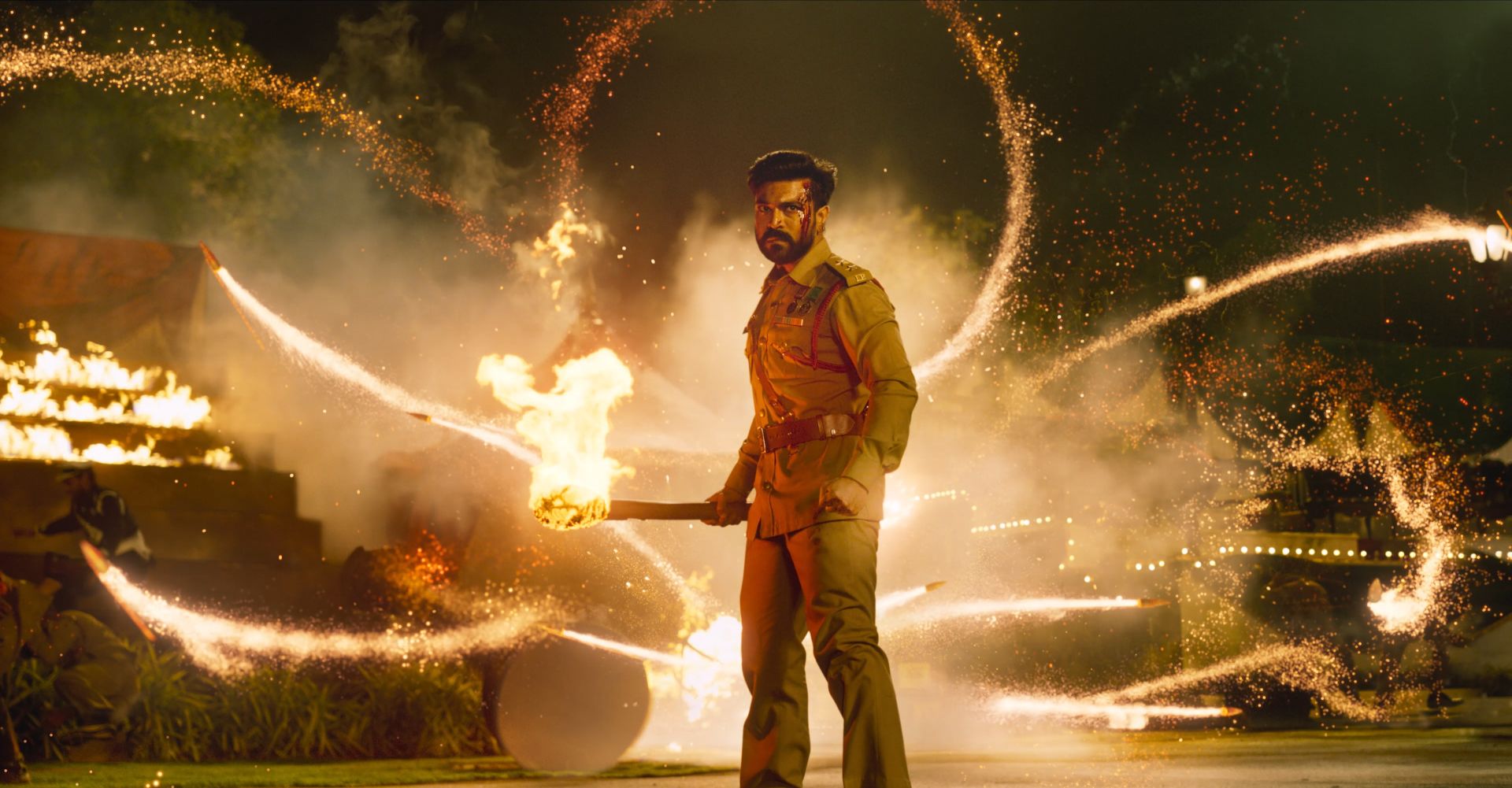“It is a movie-crazy culture,” says journalist and film critic Anupama Chopra. “Cinema is the number one choice of entertainment. The Indian movie star is somewhere between human beings and God.”
Since 1993, Chopra has been covering India’s cinema industry — or industries — and is the founder and editor-in-chief of the digital platform Film Companion. In the past, she tells New Lines magazine’s Surbhi Gupta, the Indian movie culture was dominated by the goliath that is Bollywood, the Hindi-language industry. Yet Indian film is larger than Bollywood alone. “Every other state has its own thriving, regional cinema, with its own local stars,” she explains.
With the rise of streaming, a trend accelerated by the Covid pandemic, those regional cinema industries have burst through the boundaries of state borders. “We all discovered the brilliance of Malayalam cinema and how Telugu cinema does the sort of over-the-top commercial film in such a brilliant way, or all the kinds of really exciting stuff happening in Tamil cinema or Kannada cinema,” says Chopra. “We are no longer fixating on what region of India a film comes from. We are all watching everything.”
“We are no longer fixating on what region of India a film comes from. We are all watching everything.”

And it isn’t only domestic audiences who are watching, either. The Telugu language movie “RRR” was a surprise hit with international audiences, including in the United States, where it won several awards. “Honestly, I’ve never seen anything like it for any other Indian film,” Chopra says. “It’s not just playing in the U.S.; it’s running to packed houses in Japan.”
But back in India, not everyone has been celebrating. At a time of rising nationalistic fervor, the movie is one of several to draw criticism from those who believe such films are fanning the flames. Chopra is skeptical. “Films are not removed from society,” she says. “That is the current mood, and that is what films will reflect.”
For better or for worse, film and society are inextricably linked. “You have to understand that films in India are not just entertainment, right? It’s a way of life.”
Produced by Joshua Martin


